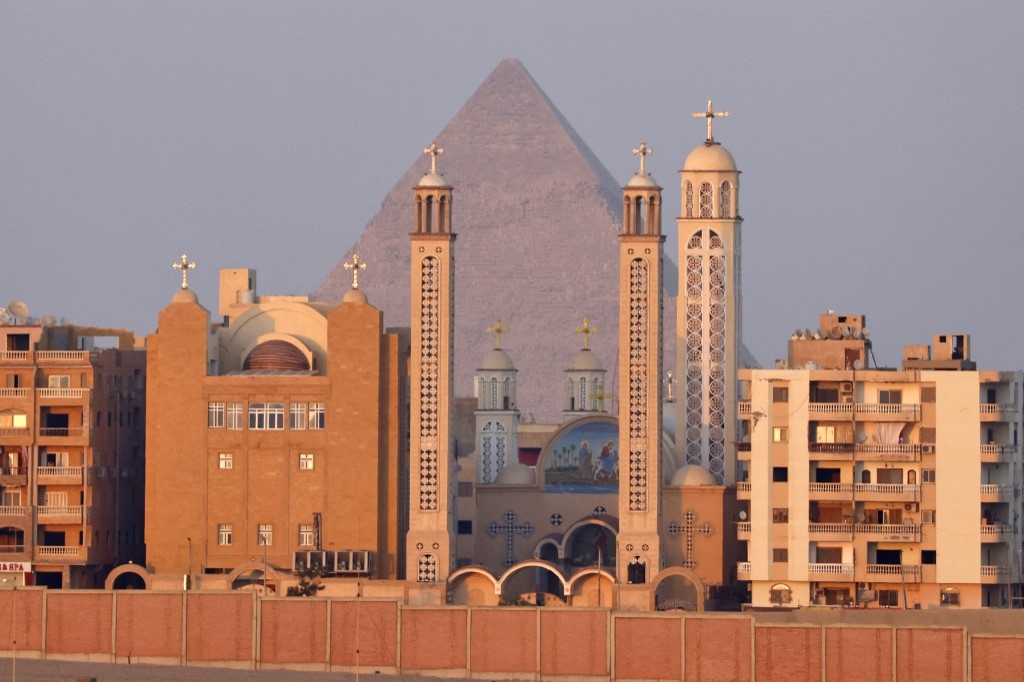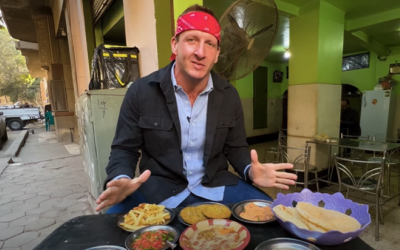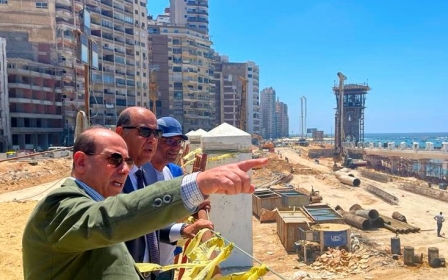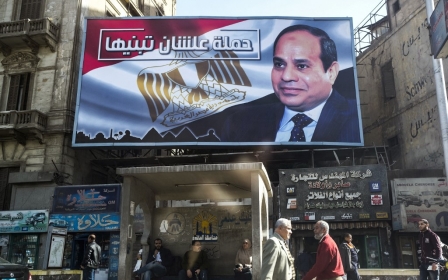Arabic press review: Egypt to ban photography 'offensive to the country'

Egypt to restrict photography in public places
The Egyptian government is due to introduce new regulations for photography in public places, including criminalising “taking videos offensive to the country", the Minister of Tourism and Antiquities said on Monday.
Khaled el-Anany said in a statement that the new rules will also apply to cinematography, and that there will be an online portal to apply for permits from the relevant authorities prior to filming in public areas.
The rules also include an obligation to obtain permits for a specified period of time, taking into account the commitment "not to take photographs of children and citizens without their written approval".
He added that the regulatory decision divides photography into three types: photography for private use, which will not require permits; foreign media and news photography, which will require a permit from the State Information Service (an application for a permit should take up to 15 days to be processed); and underwater and aerial photography, which will be regulated through a digital application system, similar to cinematography.
Saudi Arabia still 'refuses normalisation' with Israel
Saudi Arabia informed Palestinian President Mahmoud Abbas that it "still rejects" normalisation with Israel and that “it will not sign the Abraham Accords” despite the recent visit by US President Joe Biden, a Palestinian source told the London-based Al-Quds Al-Arabi newspaper on Tuesday.
Contrary to Israeli reports about potential normalisation with Saudi Arabia during Biden's visit to the region last week, the exact opposite happened, the paper reported. “King Salman bin Abdulaziz assured Abbas that Saudi Arabia will not take any normalisation steps, and it is committed to the Arab Peace Initiative that stipulates settling of the Palestinian cause first then normalisation second,” the newspaper added, citing the Palestinian source.
The source added that "Saudi assurances reached the Palestinian leadership before Biden's visit to the region."
Saudi Arabia's plan to reduce unemployment
The Saudi Arabian Ministry of Human Resources and Social Development announced that it has commenced a project aimed at raising the efficiency and productivity of the labour market, reducing unemployment among Saudis and decreasing dependence on expatriate workers.
According to the Saudi Al Madina newspaper, the ministry has agreed with a specialised consultancy firm to study the gap in wages and benefits between Saudi and expatriate workers, its causes, and the expected impact in case it is reduced.
The ministry aims to anticipate supply and demand in the labour market, and identify the future specialisations and skills required, "to prepare and qualify the national cadres necessary to cover the need", according to the newspaper.
Kuwaitis referred to criminal court over retweet
The Kuwaiti public prosecution has referred a number of Twitter users to the criminal court because they republished a tweet (retweeted) that was monitored by the Ministry of Interior, according to the Kuwaiti Al Qabas newspaper.
The public prosecution considered the retweets an endorsement, which necessitated the Twitter users' referral to trial.
A Kuwaiti source said that "some judicial judgments punished those who republish the tweet, since they are considered supporters of the content of the illegal tweet", according to the newspaper.
The source added that the courts consider these types of cases according to their circumstances, facts and legal adaptation.
*Arabic press review is a digest of news reports not independently verified as accurate by Middle East Eye.
Middle East Eye propose une couverture et une analyse indépendantes et incomparables du Moyen-Orient, de l’Afrique du Nord et d’autres régions du monde. Pour en savoir plus sur la reprise de ce contenu et les frais qui s’appliquent, veuillez remplir ce formulaire [en anglais]. Pour en savoir plus sur MEE, cliquez ici [en anglais].





